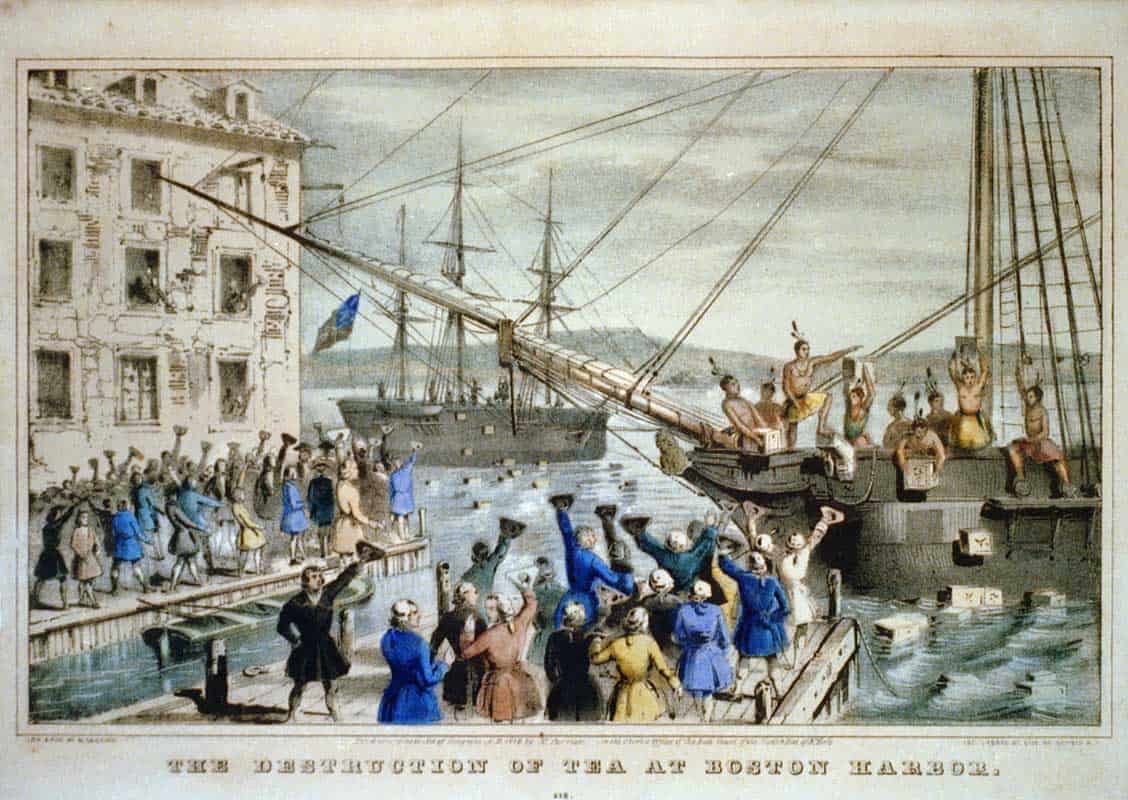Just about everybody has heard of the Boston Tea Party. However, Beantown was not the only colonial city that held a popular protest against British tea in the years leading up to the American Revolution. Other cities, such as Charleston, South Carolina, also held tea protests that are now almost forgotten, that involved the seizure and dumping of tea into the water. Following are thirty things about those and other lesser-known history facts from Colonial America.

ADVERTISEMENT - CONTINUE READING BELOW
The Beef Behind the Boston Tea Party
The Boston Tea Party is one of the most iconic events in American history. Its genesis lay in the 1767 Townsend Acts, in which Parliament taxed various imports into the American Colonies. Vehement colonial protests and massive non-compliance led to the taxes’ repeal in 1770, except for those on tea, retained to demonstrate Parliament’s right to raise colonial revenues without colonial consent. American merchants resorted to widespread smuggling of untaxed tea, until Parliament passed a Tea Act in 1773, intended to both help the financially troubled British East India Company, and stick it to smugglers. The Company was granted a tea monopoly, and although it paid import duties, it received tax breaks that allowed it to undersell everybody with prices lower than even smuggled untaxed tea.
Tea was carried exclusively on East India Company ships and sold through its agents, which cut out colonial shippers and merchants. That drove normally conservative American businessmen to ally with colonial radicals such as Samuel Adams and the Sons of Liberty. In cities such as Philadelphia, New York, and Charleston, tea agents resigned or canceled orders, merchants refused to accept consignments, and dockworkers refused to unload tea. Ships laden with tea were thus often forced to return to England with their cargo. Boston’s royal governor, however, convinced tea consignees, two of them his sons, to conduct business as usual. Adamant that the law be upheld, he insisted that tea ships dock, unload their cargo, and pay the appropriate duties. The Bostonians’ reaction was memorable.

